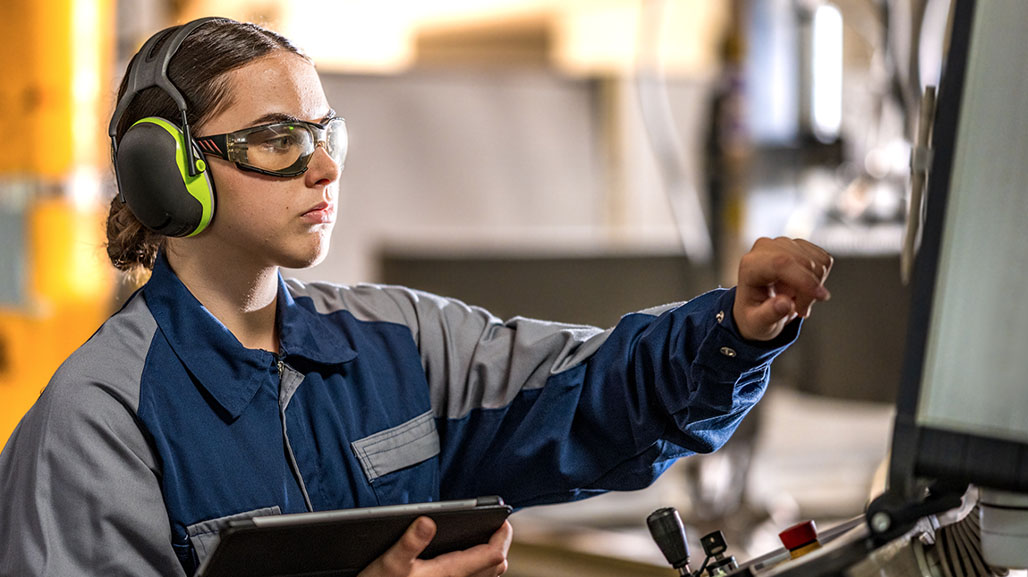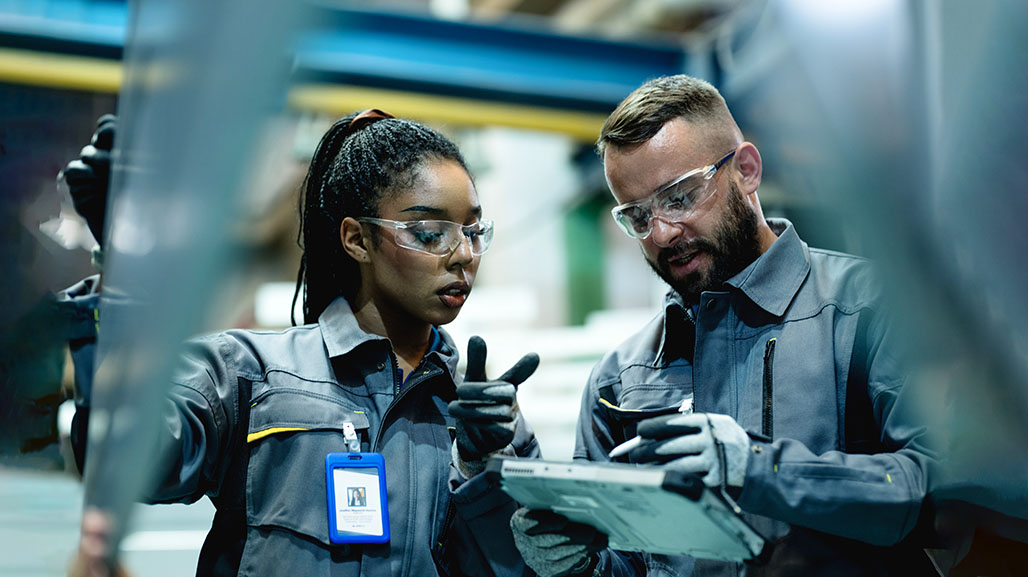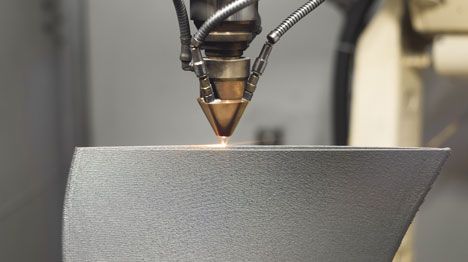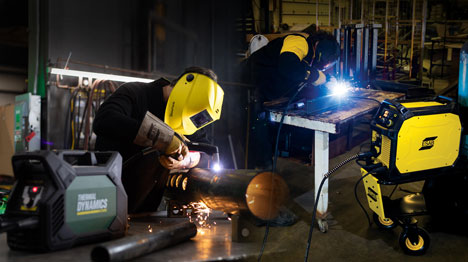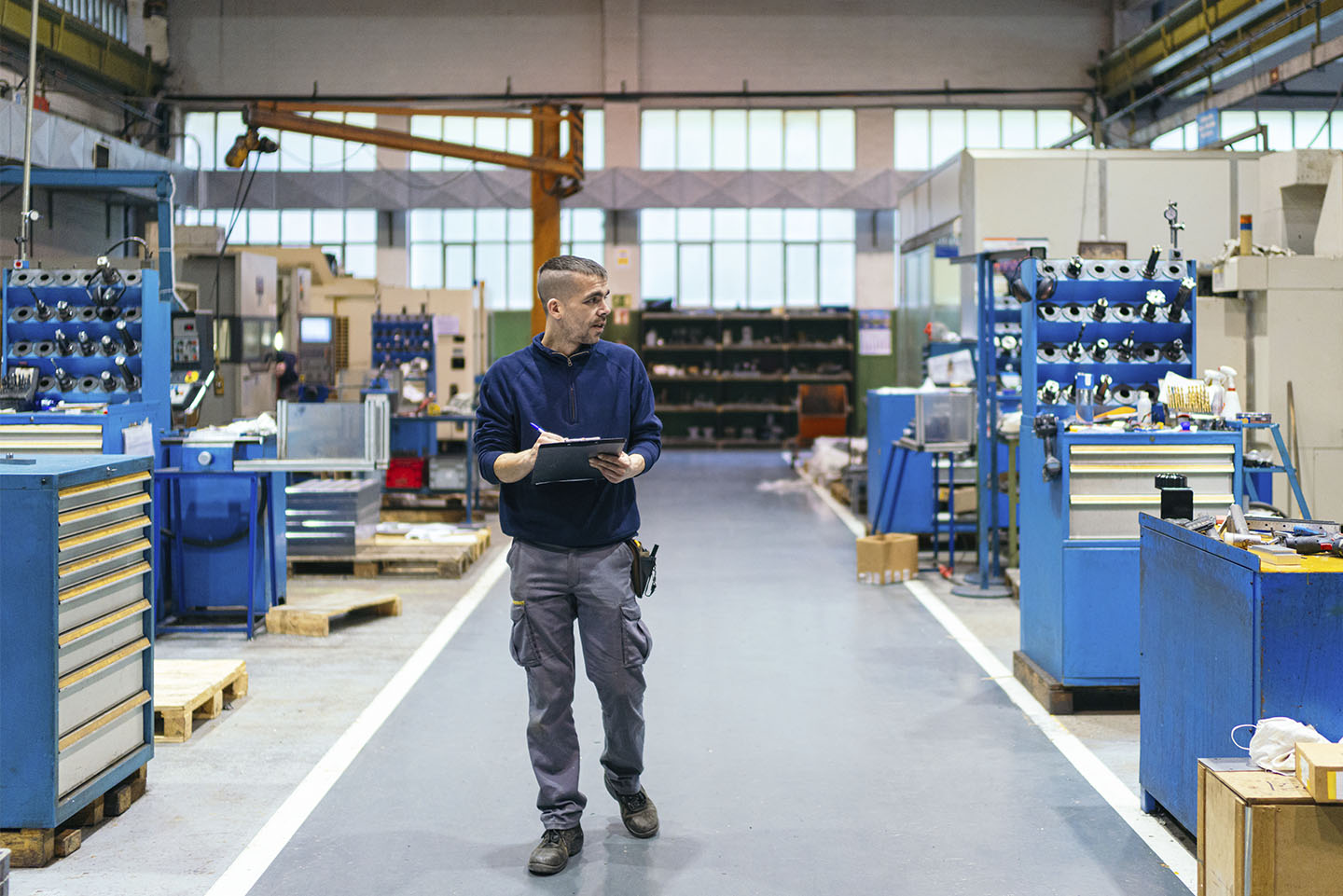A new wave of workers is on its way to the manufacturing industry.
This year, the number of U.S. workers from Generation Z—people born between 1997 and 2012—will likely surpass that of baby boomers, who are rapidly reaching retirement age.
By 2030, Gen Zers will make up a third of the workforce, according to the U.S. Bureau of Labor Statistics. As they take over industrial jobs once held by boomers, among the largest generations in the country’s history, their influence on manufacturers stands to increase.
Along with jobs that bring them enjoyment and competitive pay, this population group is seeking positions that allow them to make a difference in their communities and the world. They prioritize conversations with management about workplace health, and they value technology that can keep them safer on the job.
They also bring challenges, such as high rates of on-the-job injuries that may be due to a lack of training or prior work experience.
While hiring and retaining these new workers may require businesses to adjust some policies and practices, doing so offers manufacturers grappling with a broadening labor shortage the chance to rebuild hiring pipelines while making their operations safer and healthier for everyone.
Prioritizing Management Transparency
Many Gen Z individuals prioritize ethical practices from brands they buy and influencers they follow, an expectation that they also apply to employers.
According to a recent survey, 77 percent of Gen Zers said it’s important that their employers’ values align with their own. They want their employers to do the right thing, from providing safe work environments to promoting a healthy work culture—and they aren’t afraid to speak up if they don’t see that happening.
Many Gen Zers use social media as a platform to engage in cause-related conversation and share messages they support—or criticize those they don’t—making them a powerfully persuasive group.
If your company has identified core values, that’s a good start—but Gen Z workers expect more.
They are increasingly calling for companies to commit to social responsibility—then act on those promises. Cultivating an environment where employees can count on transparent safety practices, equitable pay, fair treatment and sustainable improvements will help draw the most talented to your company.
High-Tech Expectations
American Gen Zers are digital natives, the first generation born and raised in a world where cellphones, tablets and smartwatches were the norm.
For this generation, technology is a fact of life. Its workers may consider an outdated technological infrastructure to be a major drawback since they know systems can be faster, smarter and easier to use.
Employers who improve communication between new workers and leadership, adapt to Gen Z’s workplace expectations and offer plenty of opportunity for career development may find that they can make their workplace better—and safer—for everyone.
Companies can leverage their young workforce to everyone’s benefit by partnering with Gen Z employees to identify pain points, then implement improvements that will modernize the workplace and improve workplace safety.
The bonus? Investing in more user-friendly tech—from drones that can flag safety hazards to digital manufacturing systems that identify equipment problems for repair—means fewer incidents and greater efficiency and productivity, which will boost bottom lines in the long term.
Better Work-Life Balance
Many Gen Z workers are driven by a desire to be the best in their field, but that can lead to higher stress and burnout—not to mention workplace accidents and errors.
Nearly half of Gen Zers say they are unable to stop worrying nearly every day, with money and work being a major contributor to this stress, according to consulting firm EY. While they are driven to succeed, these workers also expect clear boundaries between their work and home lives in order to protect their mental well-being.
That doesn’t necessarily mean they are doing less work. Instead, Gen Zers are finding ways to be more efficient so they can do their work in less time, providing more time to balance their professional and personal lives.
Many also say they are willing to put in extra time and effort to succeed and achieve career growth. Offering a supportive and flexible work environment with clear boundaries and merit-based incentives will be a double-win for companies, who can expect greater loyalty and more productive workers in return.
Providing a safe space for employees to share their concerns and be transparent about their stress levels is paramount.
In a survey of Gen Z and millennial workers, 3 in 10 told consulting firm Deloitte that they feared facing discrimination if they shared mental health concerns with their manager.
Employers who rely on shame tactics and unhealthy workload expectations may struggle to keep workers from this population segment, studies indicate.
Instead, managers should aim to encourage open conversation about mental health and candidly share their own concerns to build trust with their employees and create a safe environment.


